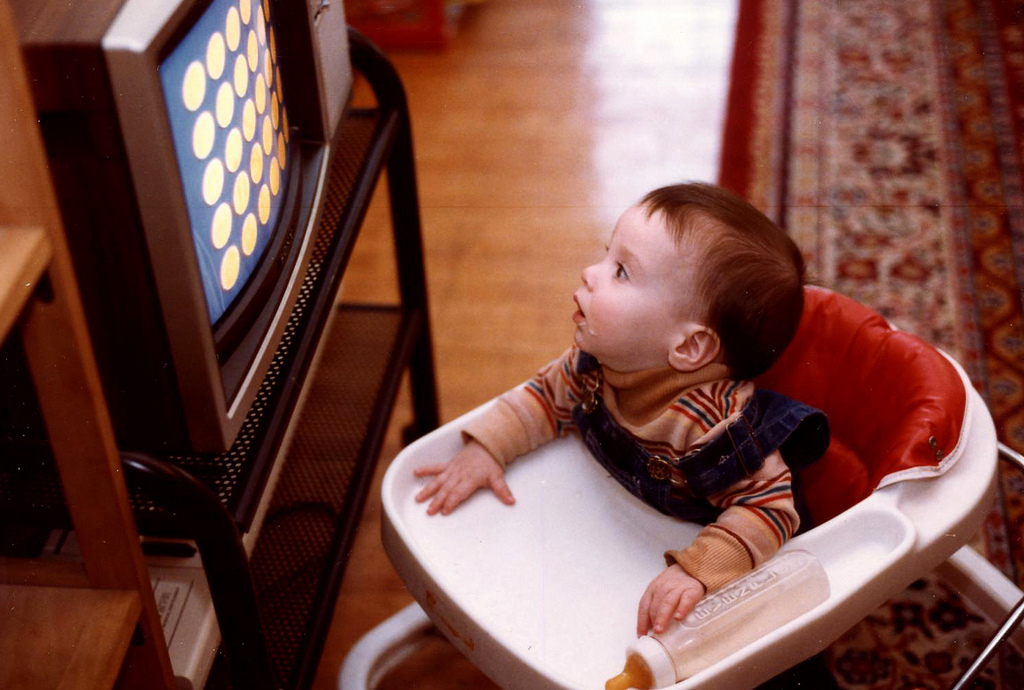TUESDAY, March 19, 2019 (HealthDay News) — Thinking about a TV for your young child? Based on new evidence, you might want to reconsider that.
Preschoolers who had a TV in their bedroom were at increased risk for poor eating habits, overweight/obesity and social/emotional struggles in their teens, Canadian researchers say.
“The early years are a critical period in a child’s development,” said study author Linda Pagani. She’s a professor at the University of Montreal School of Psycho-Education, in Quebec.
“Intuitively, parents know that how their children spend their leisure time will impact their well-being over the long term,” she said in a university news release.
The findings highlight the risks of too much of any type of screen time, according to the researchers.
“It’s clear that the many hours [kids] spend in front of the screen is having an effect on their growth and development, especially if the TV is in a private place like the bedroom,” Pagani said.
For the study, the investigators looked at more than 1,800 children in Quebec who were born between 1997 and 1998.
At age 13, those who had a TV in their bedroom at age 4 were more likely to have: “a significantly higher body mass index [BMI — an estimate of body fat based on weight and height]; more unhealthy eating habits; lower levels of sociability; and higher levels of emotional distress, depressive symptoms, victimization and physical aggression,” the findings showed.
These associations were independent of individual and family factors that could have caused such problems.
“The location of the TV seems to matter,” Pagani said.
“Having private access to screen time in the bedroom during the preschool years does not bode well for long-term health. The children in our study were born at a time when television was the only screen in the bedroom,” she added.
“Our research supports a strong stance for parental guidelines on the availability and accessibility of TVs and other devices,” Pagani concluded.
The study was recently presented in Paris at the International Convention of Psychological Science. It was also published in the journal Pediatric Research.
More information
The American Academy of Pediatrics has more on screen time.
SOURCE: University of Montreal, news release, March 7, 2019
— Robert Preidt
Last Updated: Mar 19, 2019
Copyright © 2019 HealthDay. All rights reserved.

